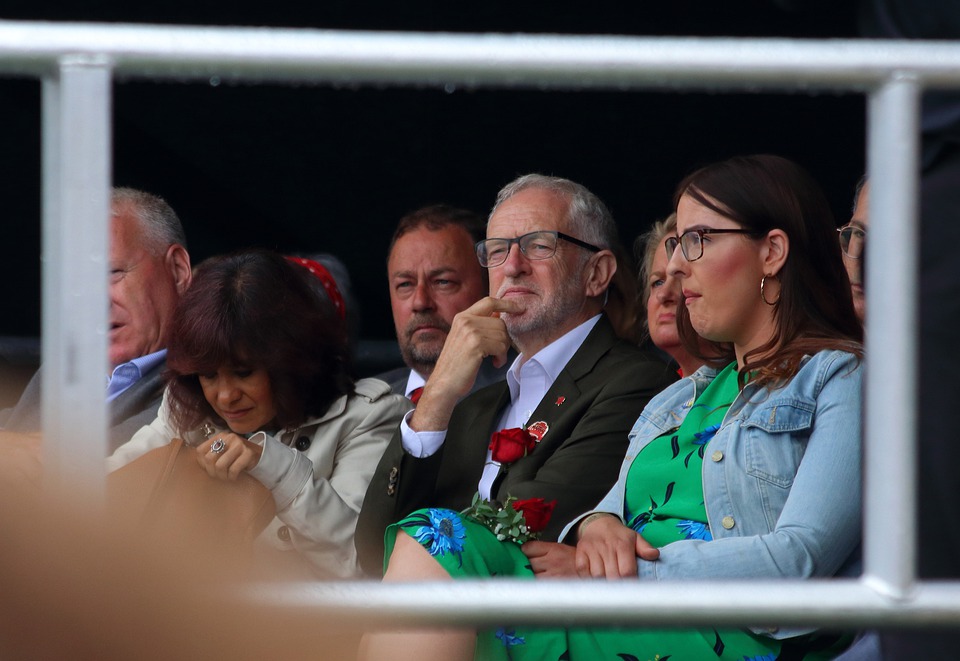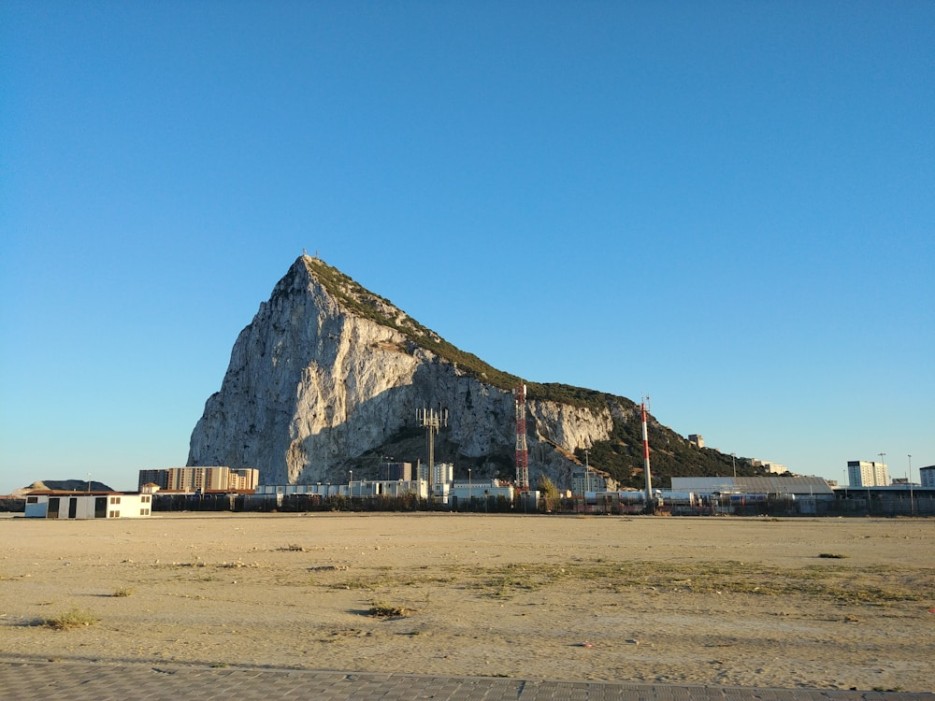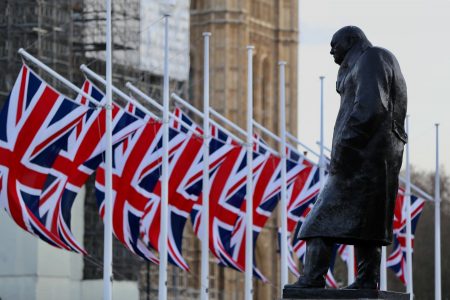
Jeremy Corbyn has intervened to stop a motion to abolish the post of deputy following a backlash from senior Labour figures across the party, and from its members.
Hours before the annual Labour Party Conference was set to begin, Corbyn’s allies and Momentum founder Jon Lansman tried to abolish the post in a strong rebuke of Tom Watson, who they have been in disagreement with over policy clashes.
A number of Momentum supporters today began to distance themselves from Jon Lansman, saying that his decision to get the motion passed at the NEC was him acting alone – showing signs of disagreement within the organization at its highest levels.
In further evidence of splits within the party, last night, former leader Ed Miliband strongly condemned the move in a public Tweet, with speculation that Gordon Brown and Tony Blair would also join in to rebuke Momentum’s actions.
The move to abolish the deputy leader post without warning or debate is undemocratic, wrong and should not happen. Those who came up with the idea for the eve of Labour Conference have taken leave of their senses.
— Ed Miliband (@Ed_Miliband) September 20, 2019
After facing heavy pressure within the party, Jeremy Corbyn intervened Saturday suggesting the role should be reviewed instead, which received the backing of the National Executive Committee according to the BBC.
Just this week, a new poll by Ipsos MORI found Corbyn to be among the most unpopular leaders of the opposition in the last 45 years with a dismal 16% approval rating from voters, and 76% saying they were unhappy with him as Labour leader. His popularity was even lower than Labour’s Michael Foot back in 1983 prior to losing the general election against Margaret Thatcher’s Conservative party.
With polls placing Labour in 3rd position behind the Conservatives and the Liberal Democrats, the annual conference would have given the party an opportunity to promote their policies and position on Brexit. It looks like party infighting over the attempted ‘purge’ of Tom Watson has created more problems than it has solved, with the electorate wary of how much tension and division there is in Britain’s opposition parties over Brexit.




